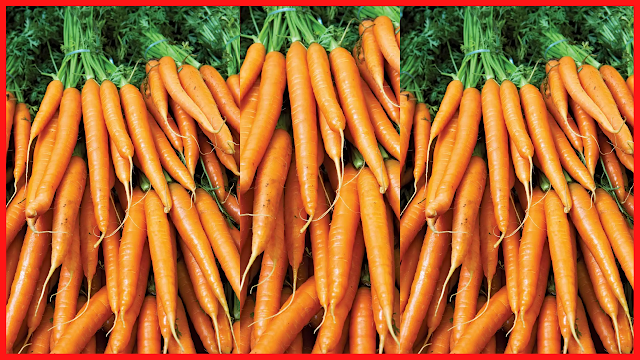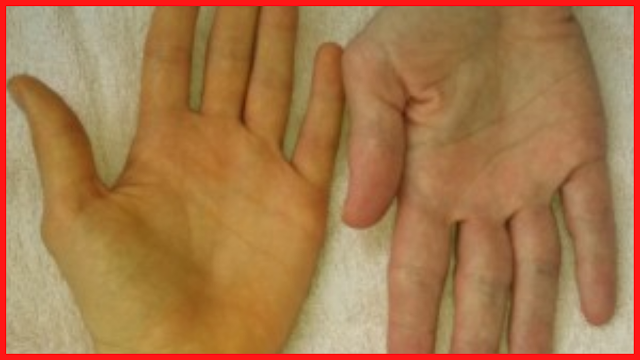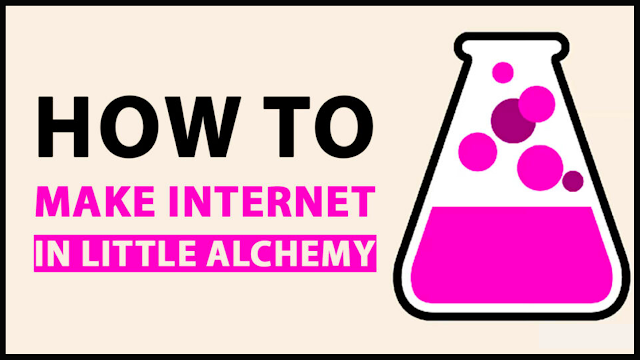Eating too many carrots makes you orange?
 |
Eating too many carrots makes you orange |
Do people wonder if eating too many carrots will change the color of your skin? According to the UAMS Dermatology Clinic, the surprising fact is that too many carrots, or other foods containing beta-carotene, can cause pale skin. This color, a condition called carotenemia, is most noticeable on the palms and soles of the feet. However, unlike jaundice, carotene anemia does not make the whites of the eyes pale. Carotenemia is common in young children, is not toxic, and does not usually cause other health problems.
The treatment for this complexion is a change to a low-carotene diet, but it can take months for the skin to return to its normal color. Don't replace your carrots with tomatoes. Eating too much tomato can cause the skin to turn yellow due to the accumulation of lycopene in the tissues, which is called lycopenemia. Treatment for lycopenemia also involves dietary changes.
To learn more about the personal care provided by our doctors using the latest equipment and technology, please see our Medical Services section.
It is a common misconception that eating enough carrots will turn you into one, at least in terms of color. Well, it turns out that there is a lot of truth in this urban myth. In carrots, it is called "beta carotene", which according to referring to its dermatology clinic, in fact, the skin color is more yellow, which some people call "orange".
Can carrots make your skin orange?
It is a common misconception that eating enough carrots will turn you into one, at least in terms of color. Well, it turns out that there is a lot of truth in this urban myth. In carrots, it is called "beta carotene", which according to referring to its dermatology clinic, in fact, the skin color is more yellow, which some people call "orange".As you can see in the picture, no, you are not actually making carrots. However, the condition shown on the left in the image above, also called carotenemia (also called "caroteneosis"), is the result of excessive use of carotene.
Similar effects on the body include jaundice, although unlike jaundice the whites of the eyes do not disappear. In fact, with carotene anemia, the most obvious effects are in the palms and soles of the hands and usually affect younger children more than adults.
The effects of beta carotene depend on the level of metabolism of the consumer. Not everyone is "orange" on just one meal of carrots.
Fortunately, this condition does not usually cause other health problems or illnesses, and carrots are an excellent source of vitamin A and can also benefit eyesight.
So yes, carrots can actually turn you into an orange man, however, you don't have to worry that this is happening to you very easily. But hey, that's what you eat!
When it comes to eating carrots and other beta-carotene-rich foods, you can actually eat a lot of good things. So good that you can actually cause a condition called carotenemia.
Carotene anemia is caused by too much beta-carotene in the blood, according to dermatologist Melissa Pelling, MD. You know beta carotene as an oil in some red, orange, and yellow fruits and vegetables.
"Eating beta-carotene foods can make your skin orange," says Dr. Pelling. "Carotenemia is quite unusual, but we probably see one or two cases a year."
The most popular foods in beta carotene include:
But carotene anemia is not always caused by eating hot food alone. It can also be found in other foods such as apples, cabbage, leafy vegetables, kiwi, asparagus, and sometimes eggs and cheese.
It is important to note that carotene anemia is usually caused by a limited diet or an overdose of a particular diet. This type of food can put you at risk of too much and too little nutrition.
"You will need to take about 20 to 50 mg of beta carotene daily for a few weeks to dramatically increase your skin tone," says Dr. Pelang. "A medium-sized carrot contains about 4 milligrams of beta-carotene. So if you eat 10 carrots a day for a few weeks, you can prepare it.
A well-balanced diet ensures that you are eating all the right nutrients - in the right amounts.
But how does your skin actually turn orange?
Dr. Pelling says that the extra beta-carotene in your blood accumulates in those parts of the body which have thick skin, such as the area around the palms, soles of the feet, knees, elbows, and around the nose. These are the first areas where people usually see the color orange. And it can be more pronounced in people with lighter skin. When you eat foods rich in beta carotene, your skin will remain dark.
Carotenemia is usually diagnosed by reviewing the dietary history and blood levels.
Carotenemia is not dangerous.
The treatment is simple: just reduce the amount of beta-carotene-rich foods you eat. Skin color will usually begin to fade in a few months and return to normal.
"Young children may be at higher risk of developing carotene anemia due to the consumption of pure baby food such as squash and carrots," says Dr. Peeling. "But there is no danger or danger in doing so."
However, if you notice the more yellow color on your skin or something is wrong, check it out. Kidney disease, jaundice, thyroid disease, diabetes, and anorexia can all cause skin discoloration.
With carotenemia, the whites of the eyes remain white, as opposed to jaundice where the whites of the eyes turn yellow.
Carotenemia is the best example of a very good thing. Instead, focus on eating a balanced diet with a variety of fruits, vegetables, lean protein, healthy fats, and complex carbohydrates. See your doctor if you notice any discoloration on your skin and it does not go away in a few days.



Comments
Post a Comment